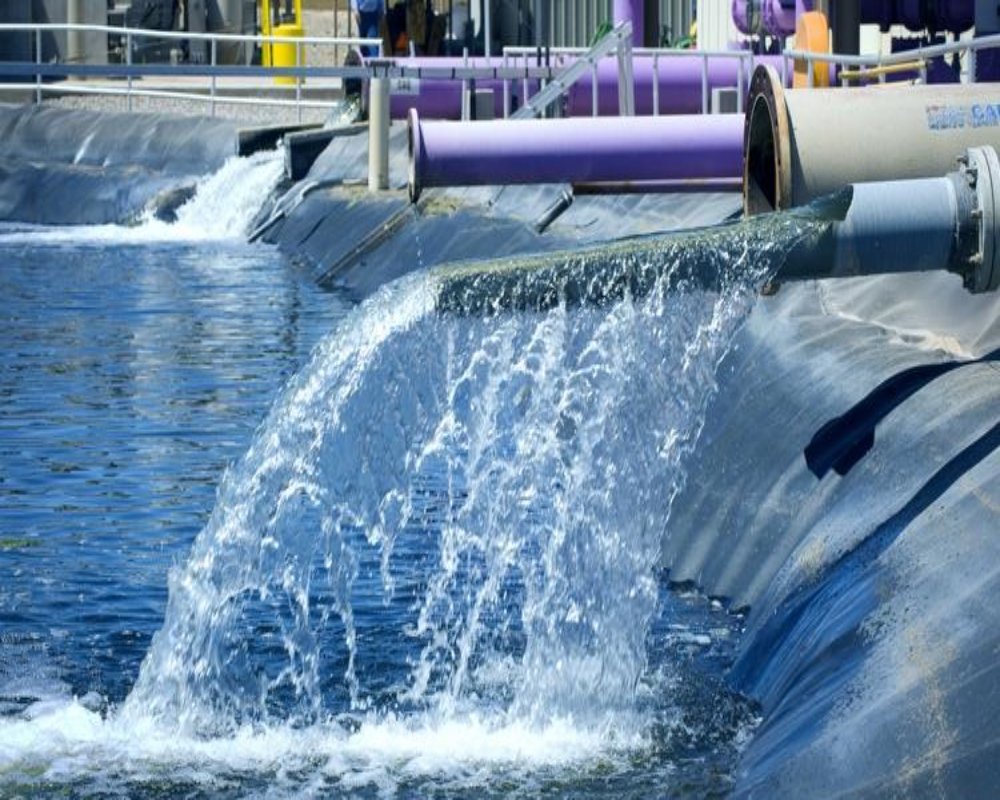Identified by Municipal or Regional Jurisdiction
The water utility provider is typically a municipal water department or regional utility authority responsible for delivering potable water and maintaining infrastructure in the area. Service territory depends on the property’s location.
- Most urban sites are served by city or county utilities
- Rural areas may be serviced by water districts, cooperatives, or private companies
- Provider boundaries can be confirmed via public utility service maps
Confirmed Through Property Records and Utility Bills
Ownership or development documents, including title reports, lease agreements, or past utility bills, will specify the name of the current water provider serving the site.
- Water bills include the provider’s contact info and account details
- Property deeds or development approvals may list assigned utilities
- Site plans may label the water main and service line connection
Coordinated During Development and Permitting
During site development or construction, the designated water provider is contacted for service connections, capacity checks, and meter installations. This coordination ensures access to adequate water supply.
- Developers submit applications for service connections or meter sizing
- Providers review usage estimates for capacity planning
- Required for permitting, fire flow approvals, and final utility inspection


